During a conference call about HP's acquisition of Palm Wednesday, Todd Bradley, executive VP of HP's Personal Systems Group, said that there are "a lot of opportunities" with the purchase. Namely, he said, HP could use the WebOS mobile operating system as a touchscreen interface for new hardware such as a tablet or netbook.
Palm CEO Jon Rubinstein and Brian Humphries, HP's senior VP of Strategy and Corporate Development, spoke with Joshua Topolsky of Engadget Wednesday, and revealed that HP plans to "double down on WebOS," which is considered the "prized asset" of the acquisition. The two reportedly mentioned the scalability of WebOS, implying that HP plans to bring the platform to multiple hardware form factors. HP even said it has already tested WebOS for its scalability.
In addition, Rubinstein said he believes the financial backing of HP will give Palm the opportunity to compete directly with mobile rivals Apple, Google and Microsoft. "I don't think HP would do this unless they were willing to make the kind of investment necessary to win," he said.
Palm turned heads in early 2009, when it surprised the tech industry by introducing the Pre smartphone and its brand new WebOS. The Pre and its new operating system were released in June 2009, and were met with mostly positive reviews, particularly for its card-flipping multitasking.
Earlier this year, as the tech industry was buzzing over Apple's then-unannounced iPad, HP introduced its forthcoming "slate PC" at the Consumer Electronics Show. That multitouch device, scheduled for release later this year, runs on Microsoft's full-fledged Windows 7 operating system.
HP revealed on Wednesday that it will acquire Palm for $1.2 billion. The struggling smartphone maker had sought a buyer in recent weeks as the company was set back significantly by poor device sales.
In February, Palm's stock plummeted after the handset maker decreased its third-quarter projections dramatically, citing lower-than expected demand for its smartphones. At the time, Palm reduced its sales forecast from between $1.6 billion and $1.8 billion to between $285 million and $310 million.
Palm's struggles came as the company failed to compete with Apple's iPhone, which has continued to produce record quarters with escalating international sales. Palm's Pre was originally limited to Sprint in 2009, but expanded to Verizon in 2010 with the Pre Plus and Pixi Plus. Earlier this year, Palm announced plans to bring Web OS devices to AT&T's network as well.
In addition to the WebOS platform, HP's purchase of Palm also gives the PC maker an entrance into the smartphone market, where rival Dell has planned a number of new devices. Dell's Android-powered Aero smartphone will be released on the AT&T network in the U.S. soon.
 AppleInsider Staff
AppleInsider Staff
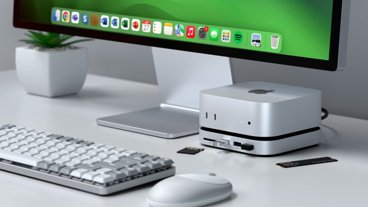












 Wesley Hilliard
Wesley Hilliard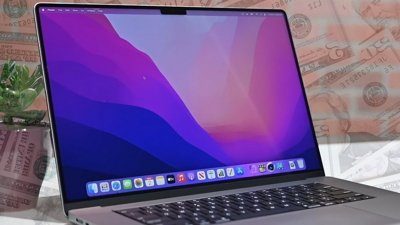
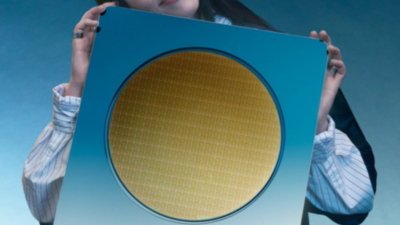
 Andrew Orr
Andrew Orr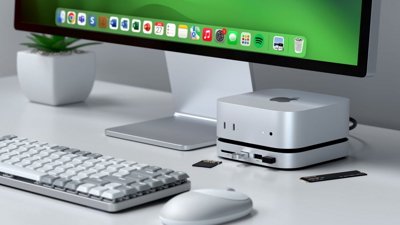
 Amber Neely
Amber Neely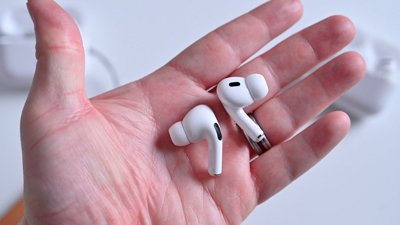
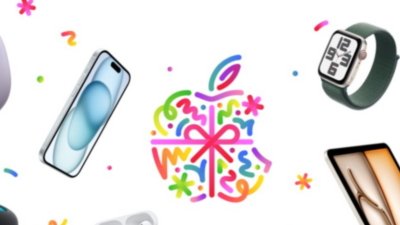
 William Gallagher
William Gallagher


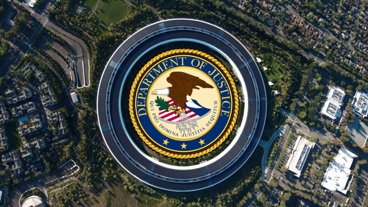







73 Comments
HP doesn't have the managerial will to turn webOS into a BDO(BIG DADDY OS). And that is what it will take to be on even a netbook with any real functionality. Also, there is the issue of compatibility with other platforms.
Give me a break!!!!!!!!!
Speculate until the cows come home!!!!!!
HP lacks the talent, vision and drive to exploit this opportunity fully.
I would not be the first one to underestimate CEO Hurd. He turned around HP, grabbed PC market share back from Dell, and HP profitable again.
We will just have to wait and see.
HP lacks the talent, vision and drive to exploit this opportunity fully.
? HP cannot be Microsoft little boy forever it has as much potential as Microsoft.
Sony were is your head?
In Europe SONY is much more known than Apple or Microsoft, but they are stuck i do not know where, and i am sure Sony does not know either.
HP lacks the talent, vision and drive to exploit this opportunity fully.
My guess is that there are individuals within hp who have these things, but not senior management.